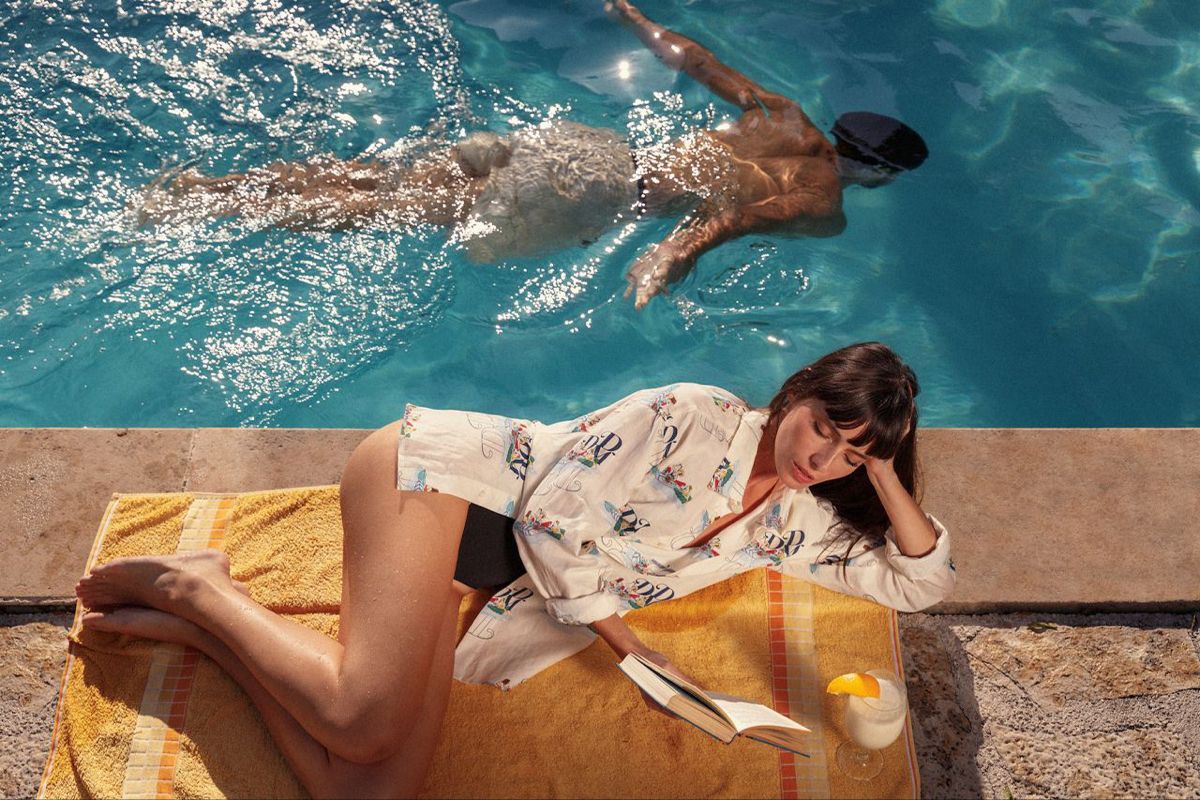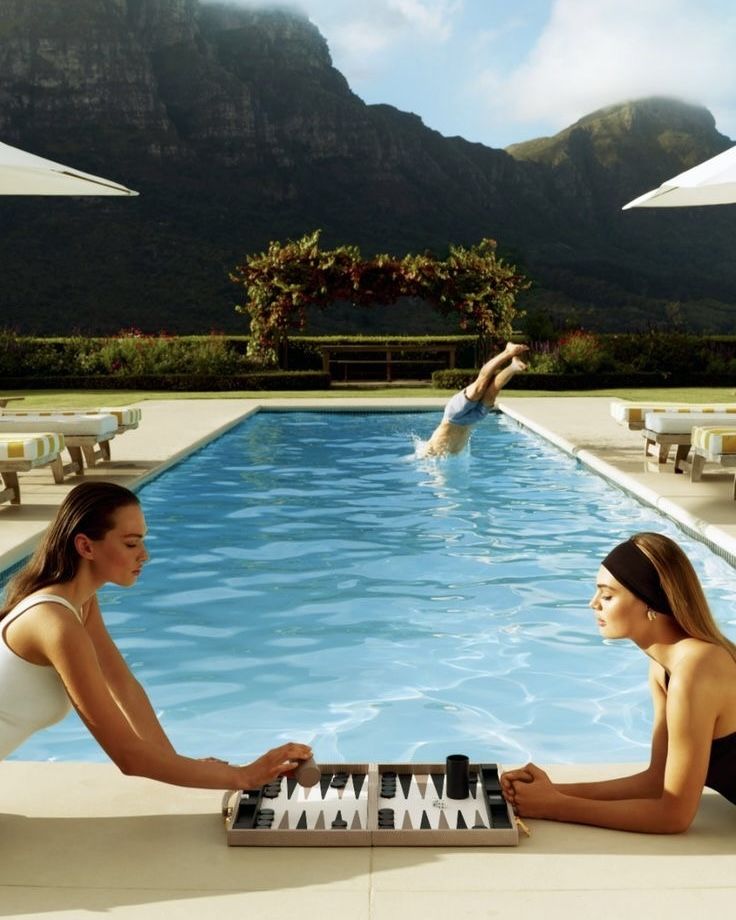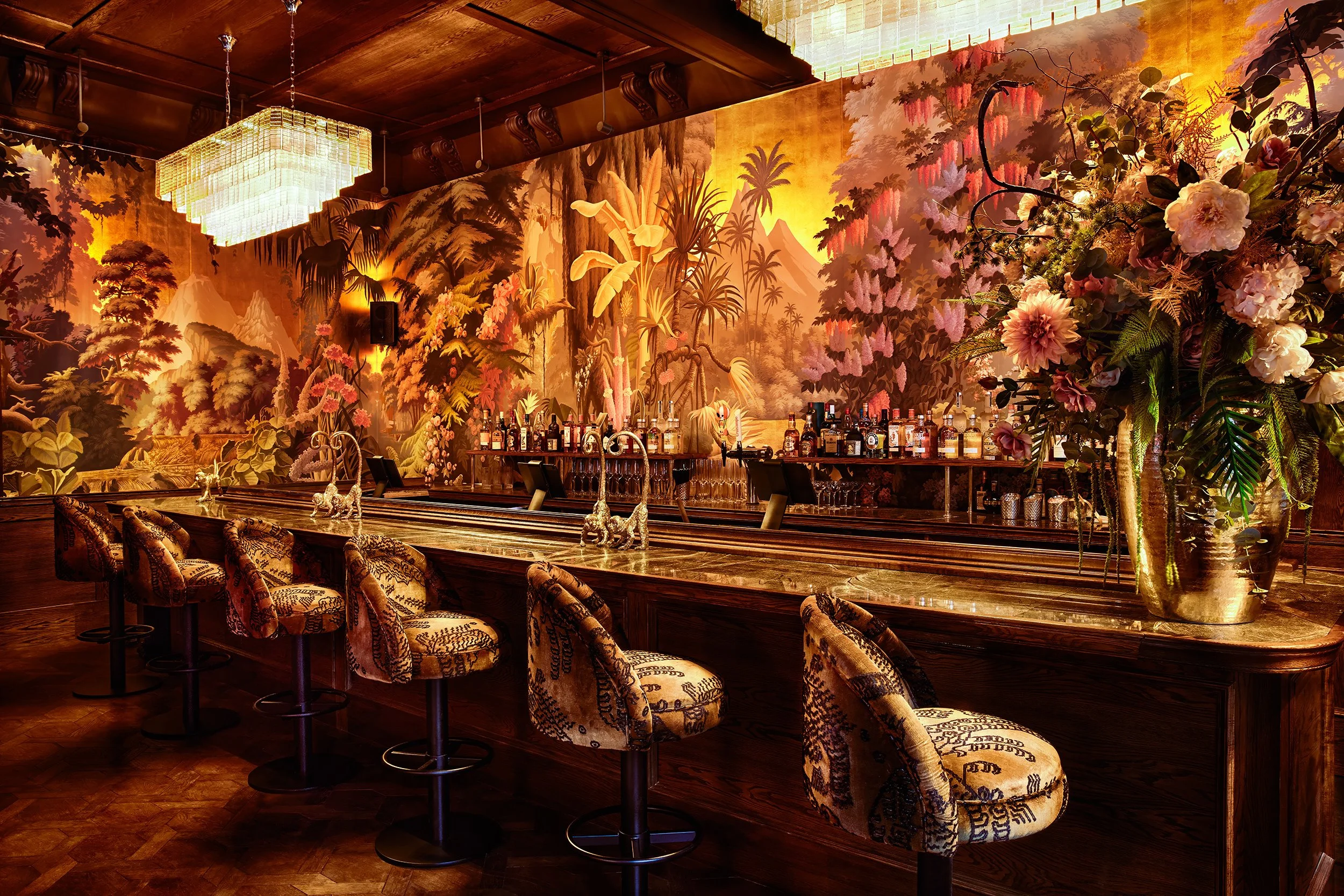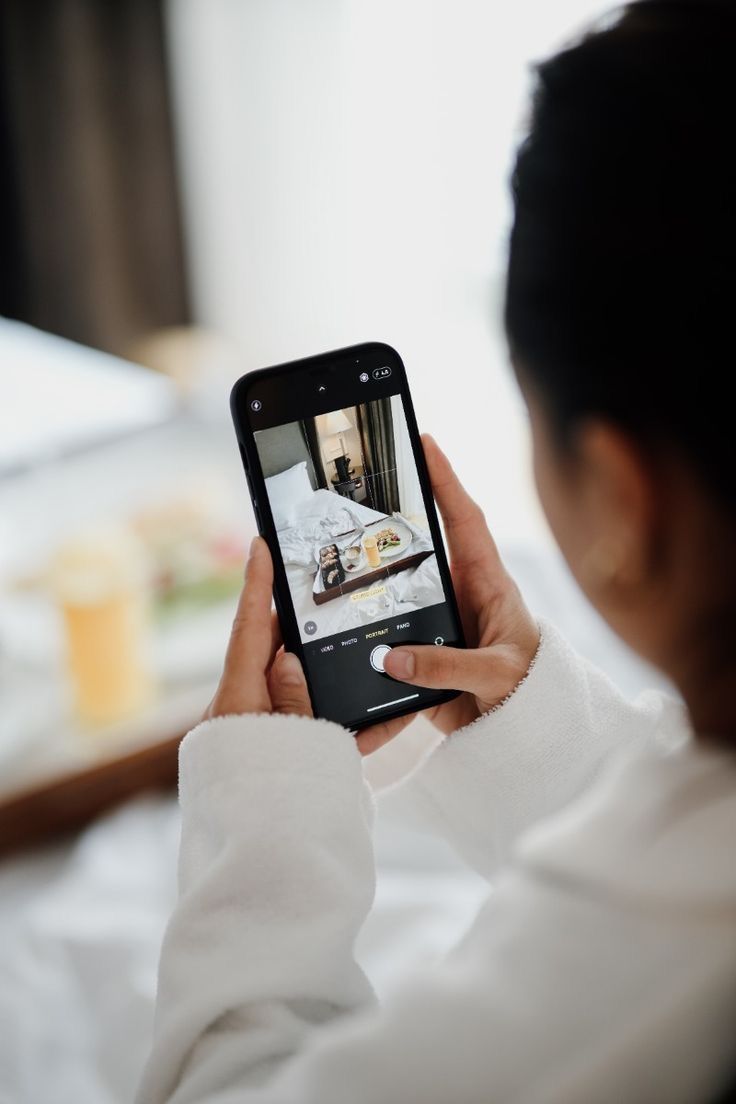1. Short-form video has become the #1 driver of hospitality discovery
Across the travel and dining sectors, consumer behaviour is crystal clear: short-form video is now the most influential content format in the world.
- 65% of travellers use short-form video (TikTok, Reels, Shorts) before booking a stay.
Source: Creators by CrowdRiff - 54% specifically search for hotel content, and *67% say they’re more likely to book after watching a video tour.
Source: O’Rourke Hospitality Marketing - In a Miles Partnership travel study, 41.9% of travellers used short-form video during trip planning, and 34.4% used it while on the trip for decisions on where to go.
Source: Miles Partnership Travel Tech Edition - 27% of Gen Z discover travel destinations specifically through TikTok, Reels, or YouTube Shorts.
Source: Zentrumhub Travel Report
Short-form video is no longer “emerging” - it is the new search engine and yet there is no centralised platform where hospitality brands can partner with creators who drive this behaviour.
Werr solves this.
2. Restaurants are being discovered through social media more than Google
Dining behaviour mirrors travel behaviour:
- 72% of people use social media to research restaurants
- 74% use it to decide where to eat.
Source: MenuTiger Restaurant Social Media Study
Gen Z and Millennials - the largest dining-out generations - are even more extreme. Their restaurant discovery journey begins with:
- TikTok reviews
- “Day in the life” vlogs
- POV dining videos
- Trending food creators
Yet, restaurants have no proper place to work with creators, track results, or tap into affiliate-style performance.
Werr gives restaurants a structured ecosystem to do exactly this.
3. Hospitality marketers want creator partnerships - but the infrastructure is missing
Several reports confirm that influencer marketing is already a major part of hospitality’s digital strategy:
- 45% of hospitality marketers say they use influencer marketing.
Source: WifiTalents Hospitality Marketing Statistics - 73% of hotel marketers say influencer marketing is effective for reaching new audiences.
Source: Gitnux Hotel Marketing Statistics - Influencer content can deliver 20–50% better performance than brand-generated ads when “whitelisted” or used in paid campaigns.
Source: OysterLink / Hospitality Marketing Trends
The hunger for creator-led marketing exists - but the industry lacks:
- scalable affiliate programmes
- structured ways to reward creators
- discovery platforms tailored to hospitality
- performance tracking
- win-win economics for brands & creators
This is exactly the gap Werr fills: a creator marketplace + affiliate engine for hospitality.
4. TikTok-influenced travellers spend more and book higher-end stays
The Phocuswright Travel on TikTok Study (2024) shows that travellers who book trips because of TikTok…
- book more luxury and upscale hotels than non-TikTok travellers
- spend more per trip on average
- are more impulsive but more loyal when inspired by creators
This is one of the strongest commercial signals in the entire travel economy.
Creators aren’t just driving awareness - they are driving measurable, high-value conversions.
Werr provides the missing infrastructure to capture, track and reward this behaviour for hotels and creators.
5. The £930 million UK influencer economy has barely touched hospitality
Brands in the UK spent £930 million on influencer marketing in 2024.
Source: OurOwnBrand UK Influencer Marketing Report
Yet fashion and beauty receive the majority of those budgets.
Hospitality - one of the industries most influenced by social media discovery - receives only a fraction of this spend, simply because:
- affiliate tech isn’t built for travel/restaurants
- partnerships are manual and messy
- there’s no centralised discovery tool
- no structured way for creators to monetise hotel/restaurant content
This is the structural advantage that positions Werr to become the category leader.
6. Why Werr is the future of hospitality discovery
The industry is ready for a shakeup. Consumers have already moved on to creators, video content and social discovery - but the infrastructure hasn’t caught up.
Werr changes that.
Werr connects the dots between:
- hospitality brands that need content, awareness and bookers
- creators who already drive those bookings but have no monetisation model.
Werr enables:
- creators to earn affiliate income on hotel & restaurant experiences
- hospitality businesses to partner with vetted creators
- a new “content-first” discovery ecosystem for consumers
- influence → content → discovery → bookings in one streamlined system
Werr is positioned to become the next big discovery platform because:
- Short-form video drives bookings and Werr is built on this behaviour.
- Hospitality wants influencers but lacks proper infrastructure.
- Creators want monetisation but affiliate tools don’t exist for hospitality.
- Consumers trust creators more than ads, Google, or traditional review sites.
- The spending power behind influencer-driven travel is huge, under-tapped, and accelerating.
The creator economy has revolutionised fashion and beauty. Hospitality is next and Werr is the platform that will lead that shift.






